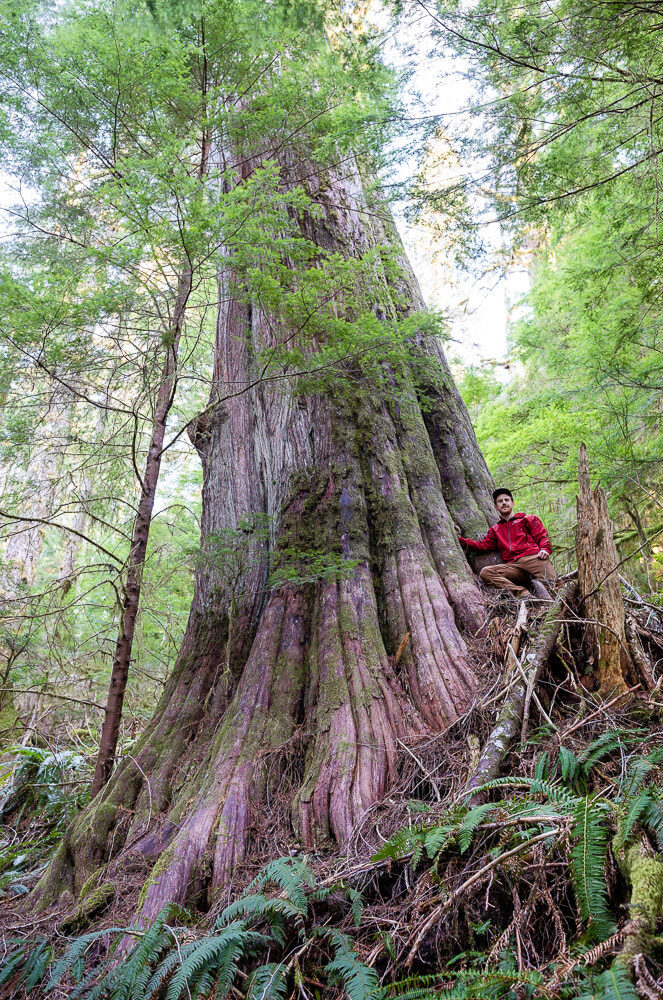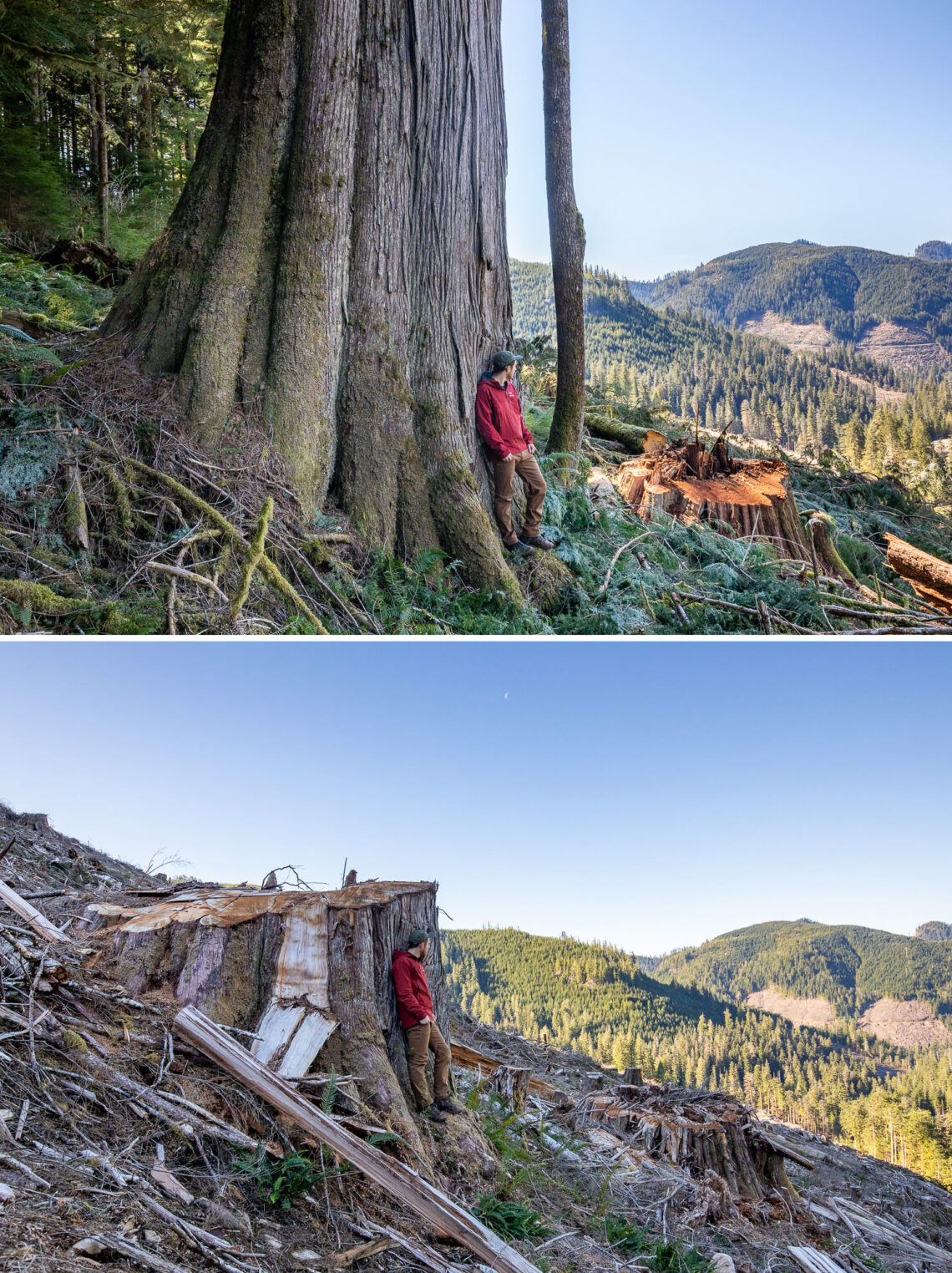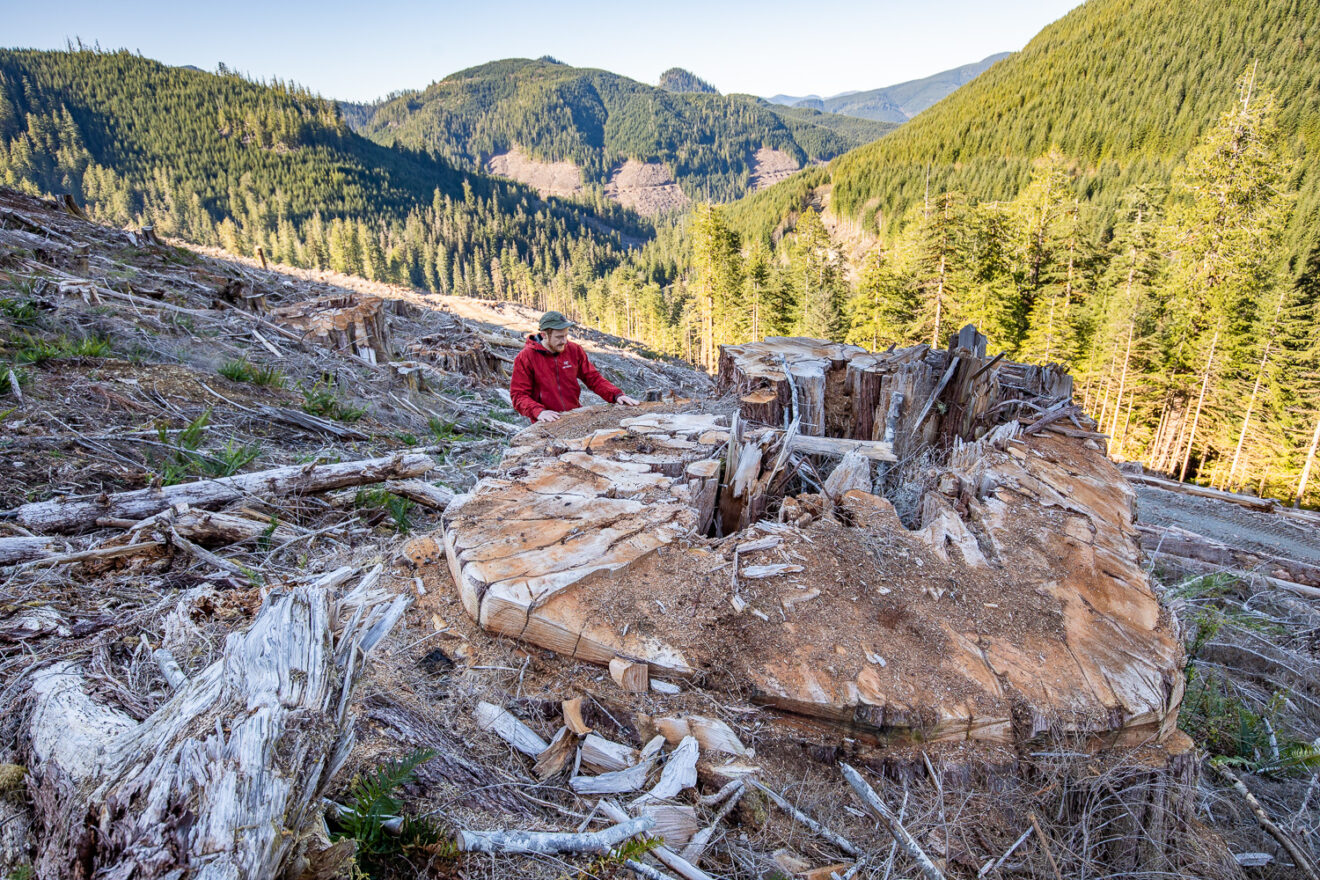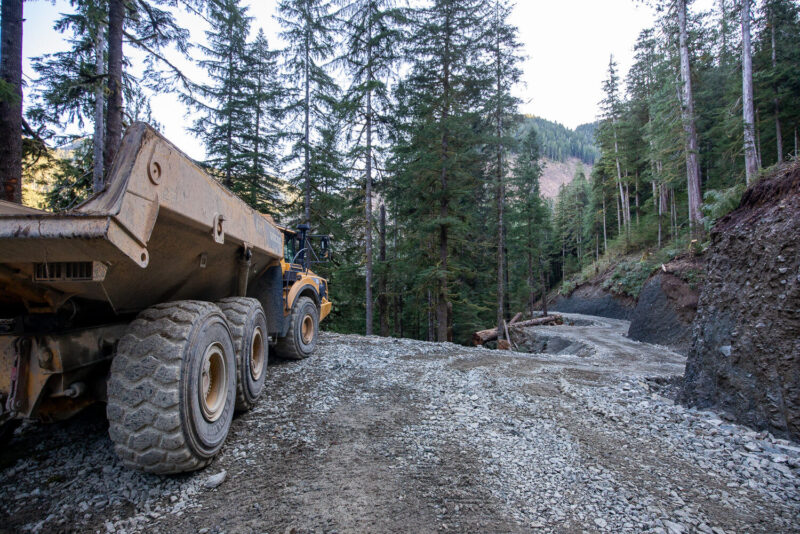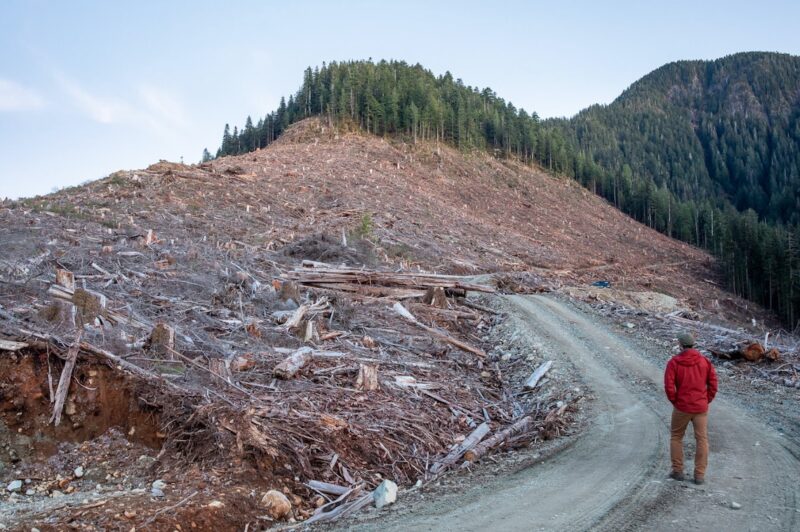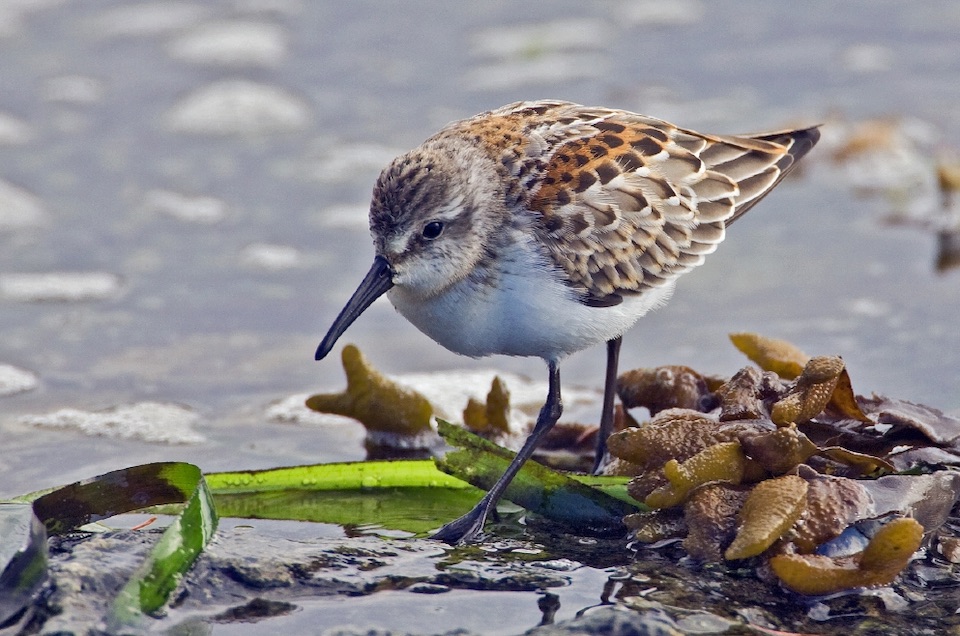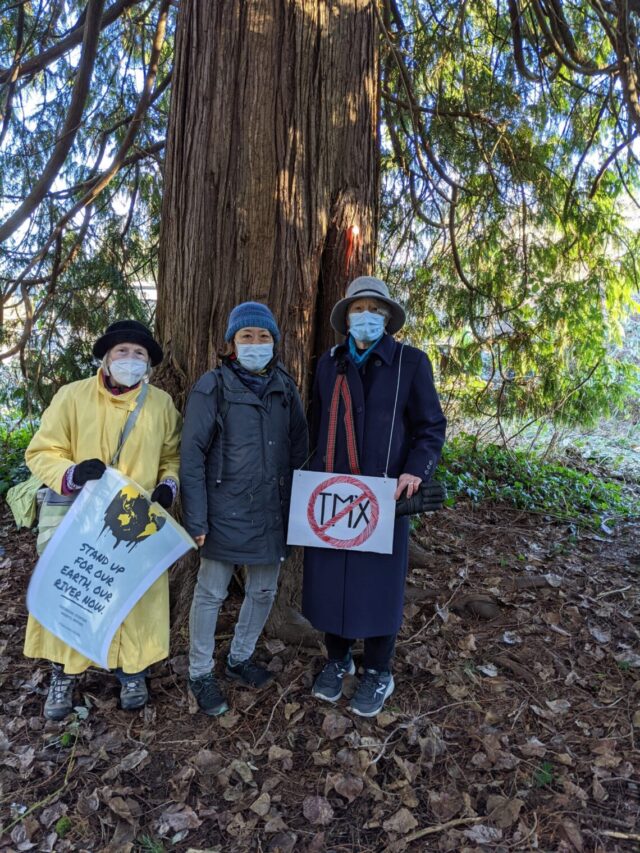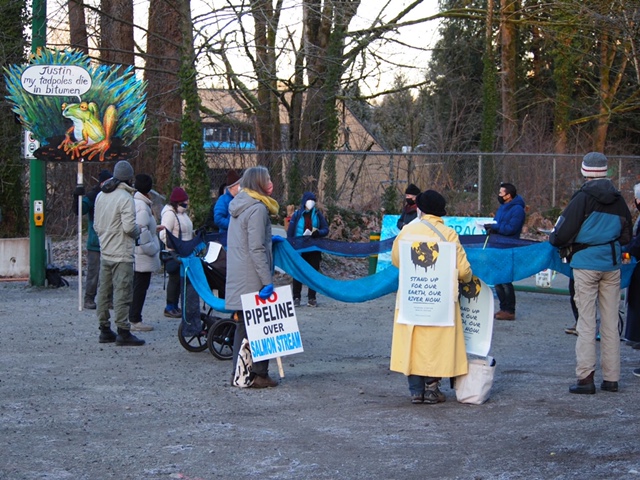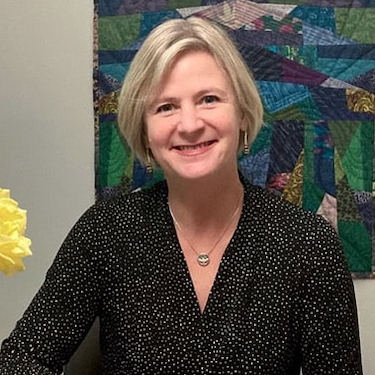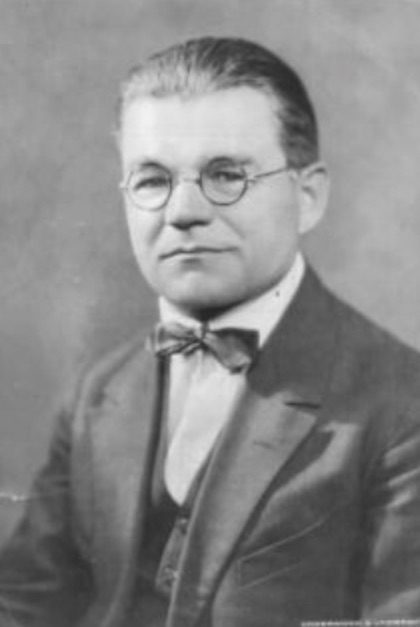O Canada 2021 – Twelve days of honouring celebrations?
by Keith Wilkinson
For 2021, let’s celebrate a whole collection of summer holidays (holy days) for one grand summer festival honouring all people and other beings while bearing witness to the challenges that call Unitarians to keep on working for justice…
My covenant group met on Canada Day in 2020 and we shared some thoughts about what we liked and disliked about Canada Day. There were many things we appreciated about Canadian culture and political systems, and also many areas where we felt we still fell short and needed to keep on working. Following are some celebrations we could perhaps honour next year leading up to a more complete and satisfying celebration of Canada Day. (Ah…but who amongst us might take the lead!)
| 2021 Jun 20 | Sunday | World Refugee Day
This event honors the courage, strength and determination of women, men and children who are forced to flee their homeland under threat of persecution, conflict and violence. |
| Jun 20 | Sunday | Fathers Day
Father’s Day is an unofficial holiday to celebrate fathers around the world—although the date for celebration varies. |
| Jun 21 | Monday | Summer Solstice from a scientific viewpoint
It’s the scientific start to summer in the Northern Hemisphere, when this half of the world tilts toward the sun. Litha – Summer solstice from a Wiccan viewpoint The Solstice Teaches Us A poem from the UUA Worship Web |
| Jun 21 | Monday | National Indigenous Peoples Day
A day to celebrate and learn more about the cultural diversity of the First Nations, Inuit, and Métis peoples in Canada. |
| Jun 21 | Monday | International Day of Yoga
Yoga is practiced in various forms around the world and continues to grow as a sport and a lifestyle. Traditional yoga has a meditative and spiritual core in addition to the physical exercises. The result is a wide variety of schools, practices, and goals within the yoga community. It is because of yoga’s holistic approach to body and mind that the UN decided in 2014 to dedicate June 21 to this ancient tradition. “Yoga is a sport that can contribute to development and peace. Yoga can even help people in emergency situations to find relief from stress.” said Ban Ki-Moon, UN Secretary-General. |
| Jun 23 | Wednesday | Public Service Day
The United Nations’ Public Service Day is held on June 23 each year. It recognizes that democracy and successful governance are built on the foundation of a competent civil service. The day aims to celebrate the value and virtue of service to the community. |
| Jun 23 | Wednesday | International Widows’ Day
International Widows’ Day was introduced to address poverty and injustice faced by widows and their children in many countries. It was officially recognized by the United Nations in 2010 and is observed annually on June 23. |
| Jun 24 | Thursday | Fête nationale du Québec (FR)
Fête nationale du Québec (EN) AKA Ste-Jean-Baptiste Day (EN) The people of Québec celebrate their national holiday with more than 750 celebrations held across the province on 23 and 24 June. Organized by nearly 20,000 volunteers, the festivities of the Fête nationale include more than 1,050 events and 360 bonfires, in addition to some of the largest public gatherings in Québec. |
| Jun 25 | Friday | Day of the Seafarer
In 2010, the International Maritime Organization (IMO), decided to designate June 25th as the International Day of the Seafarer as a way to recognize that almost everything that we use in our daily lives has been directly or indirectly affected by sea transport. The purpose of the day is to give thanks to seafarers for their contribution to the world economy and the civil society; and for the risks and personal costs they bear while on their jobs. |
| Jun 26 | Saturday | International Day Against Drug Abuse and Illicit Trafficking
to raise awareness of the major problem that illicit drugs represent to society. This day is supported by individuals, communities and various organizations all over the world. |
| Jun 26 | Saturday | International Day in Support of Victims of Torture
Rehabilitation centres and human rights organizations around the world celebrate the UN’s International Day in Support of Victims of Torture on June 26 each year. The day serves as a reminder to people that torture is a crime. This event gives everyone a chance to unite and voice their opinions against human torture. Organizations, including the International Rehabilitation Council for Torture Victims and Amnesty International, have played an active role in organizing events around the world to promote the day. Activities may include photo exhibitions, the distribution of posters and other material to boost people’s awareness of issues related to human torture, and television advertisements. |
| Jun 27 | Sunday | Canadian Multiculturalism Day
Discover the significance of multiculturalism in Canada — ensuring that all citizens keep their identities, take pride in their ancestry and have a sense of belonging. |
| Jun 30 | Wednesday | International Asteroid Day
June 30 is the anniversary of the Tunguska impact, also known as the Tunguska event. On that day a large explosion occurred in the sky over the Podkamennaya Tunguska River in Siberia, Russia. It destroyed about 2,000 square kilometers (770 square miles) of the forest in the area, flattening about 80 million trees. The area is sparsely populated, and there were no official reports of human casualties. It is thought that an asteroid or a comet was responsible for the blast. The Tunguska event is considered to be the largest asteroid impact on Earth in recorded history. |
| 2021 Jul 1 | Thursday | Canada Day – UCV’s Patrick Dubois’ 2020 Musical Tribute
What do we need to do as Canadian Unitarians to help make Canada Day a time of celebration for all people and not just a settler’s celebration?
|
On-going
The Butterfly Way Project – The David Suzuki Foundation
Further information on 2021 holidays worldwide:
UUA Worship Web – a poem on summer
Also:
- Animal Rights Awareness Week – (Mid June) 13-19 June 2021?
- Fish are Friends, Not Food Week! – (Last Week of June) 20-26 June 2021?
- National Pollinator Week – 20-26 June 2021?




